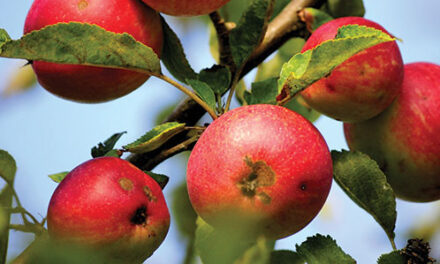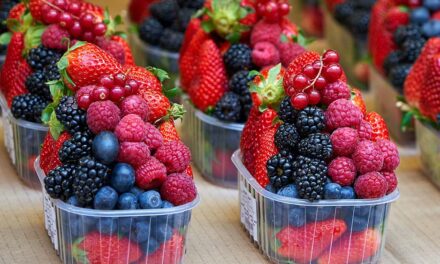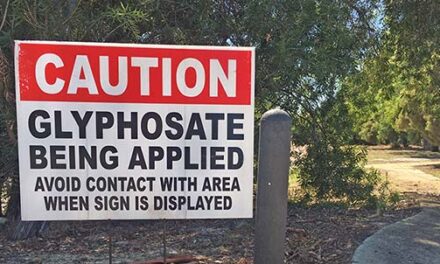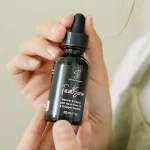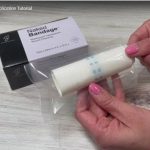1. Alcohol has been used as a special and sacred celebratory beverage over many centuries. Most native cultures have had fermented drinks for their rituals and ceremonies. This custom continues with traditions and celebrations of all kinds.for weddings, anniversaries, dates, ballgames, flying, and harvest fairs. Alcohol does help to relax the body and mind and calm the inhibitions. However, many people feel the need to celebrate daily (might be called partying or escaping). Excesses over time lead to problems, yet occasional wildness may free the soul.
“Reduce excesses, but not excessively.“—Argisle
NOTE: If you are concerned about your drinking habits, consider keeping a “drink diary” for the next month. Write down when, how much, and in what circumstances you drink. How does it make you feel immediately and the morning after? Honestly look at how drinking affects your life. There are many healthy ways to celebrate life! Playing sports does this, as can drumming and dancing with your friends. While we used to have rituals, now people get drunk to deal with life, and then get in their “deadly” autos risking lives on their way. And many also use painkillers and other drugs to deal with their daily lives, which further affects their abilities. Or they overuse their credit cards and mismanage their lives and have their families suffer. Realize that drug problems of all kinds are diseases, and should be dealt with as such.
2. In evaluating how alcohol affects your life, look at the following issues: Do you drink more when you’re sad or upset about something? Do you mainly drink in social situations with friends? Does alcohol help you express yourself? How can you address these emotional issues without relying on drinking? Can you say NO when the time is not right for your personal imbibing? Healthy use would be a social drink or two with preparation before and balance after in terms of hydration (alcohol is dehydrating) with water and the right nutrients.
3. Consider the negative effects alcohol might be having on your health. Is drinking aggravating an existing condition, such as obesity, digestive problems, joint pains, or depression? Do hangovers affect your performance at work, or keep you from things that you want to do?
Alcohol irritates the liver and the intestinal lining; it also lowers immunity, dehydrates the body, and impairs judgment and performance, as in operating machinery and driving a car. It also alters healthful participation in relationships. Alcohol is the number one cause of traffic fatalities, especially of innocent people.
What is your awareness and responsibility for your own body as an example to self, loved ones and friends?
4. Alcohol may have some positive attributes as well. Doctors may recommend it to reduce heart disease risks, as it helps raise the good HDL cholesterol. However, it also raises total cholesterol and has more negative effects such that health conscious practitioners would not recommend regular consumption. Alcohol is also addictive. Thus, it takes some work, both physically and emotionally, to heal from this potentially destructive habit. For example, a liver transplant, if you could get it, is quite costly and painful.
5. In terms of reducing your alcohol consumption, if you notice that you tend to drink at certain times of the day, plan other activities, such as exercising, during that time period. Consider ordering water or other natural drinks in restaurants, and during social occasions. Take a break for a couple days; if this is very difficult, you likely have a problem and help may be necessary. Contact your doctor, counselor, or look up the AA (Alcoholics Anonymous) chapter in your area. Know that it is usually difficult to give up something; it’s better to add something healthful, like walking and breathing. It also helps to talk to others who have recovered from their addictions and see what they did with their extra energy; helping others often helps you as well.
6. To take a break or break your habit, there are many things you can do nutritionally. Give your body plenty of support. In regards to diet, first begin with drinking 6–8 glasses of water a day to help flush toxins. Avoid sugary and fried foods. Don’t substitute other addictive substances, such as caffeine or nicotine, for alcohol. Eat plenty of wholesome foods–fresh fruits and vegetables, grains and legumes, nuts and seeds, and fish–for the nutrients and fiber they provide. This helps with body support and elimination. A detoxifying diet very high in fruits, vegetables, and fresh juices can be very helpful in changing habits and cleansing the body.
7. Supplements are helpful during alcohol use and during detoxification. (See my book, The Detox Diet, for more specifics with a complete chapter on Alcohol Detoxification.) Definitely use the antioxidant nutrients such as vitamins C and E, betacarotene, plus zinc and selenium. The B-vitamins are also very important to alcohol metabolism as well as nervous system support. The amino acid L-glutamine (500–1,000 mg three times daily) may help reduce cravings for alcohol and sugar. Calcium and magnesium help to calm the nervous system and reduce withdrawal. Flaxseed oil or olive oil also helps the body tissues. Taking in a tablespoon of oil before you drink may also slow the absorption of alcohol. Packets of Emergen-C or Power Paks with a full glass or two of water are very helpful to prevent hangovers and reduce dehydration. These supplements are also helpful during alcohol detoxification.
8. Herbs may also be useful at supporting the body and preventing some of the ill effects of alcohol use. Ones that cleanse the liver include milk thistle and dandelion root. Chamomile and licorice root can help with gastric distress. Skullcap, valerian root, and other tranquilizing herbs are useful during alcohol withdrawal. There are many herbs that help with alcohol detoxification. Again, see more about this in The Detox Diet book.
9. Acupuncture and massage therapy may be quite helpful when one is going through the stress of changing habits. Acupuncture detoxification has become quite popular; talk to your local acupuncturist to discuss this. Exercise, walks in Nature, saunas and steams are helpful to clear alcohol from your system and during detoxification.
10. Other Alcohol Issues:The process of fermentation uses yeast with fruits or grains, and the consumption of sugars and fermented products makes us more susceptible to Candida yeast problems. Many current and past alcoholics have yeast conditions, and this affects their digestion, energy, and moods. Another issue of alcohol drinks relates to the use of chemicals in manufacture, plus sulfites in wines, to which many folks have sensitivities.
- Organic drinks are best, especially compared to chemical treated substances. Chemicals harm Nature’s creatures, our water supply, and the air for generations to come. With so many choices, we can really do harm to our world and ourselves by supporting the wrong products.
- Common Sense is the rule: Do not drink and drive! We have clearly established that, after so much loss of life and financial destruction and high insurance rates. Now folks can’t simply smoke anywhere they please and contaminate the rest of our lungs. We have laws now that protect others from us, but how can we protect ourselves? The answer is “only with wise choices.” Why do you drink? Ask yourself and begin to know what you are really aiming at a bit of relief, a mind vacation, a bill-paying hiatus, a chance to become less inhibited so you and your partner can dance the love dance without encroachment by daily responsibilities? Yes, a bit of alcohol might inhibit your inhibitions and can be an aphrodisiac to life. Please consume alcohol wisely, especially during any periods of celebration or coping with worldly and personal stresses. There are many healthier ways to relate to these situations. Be wise and live a long, healthy life.



